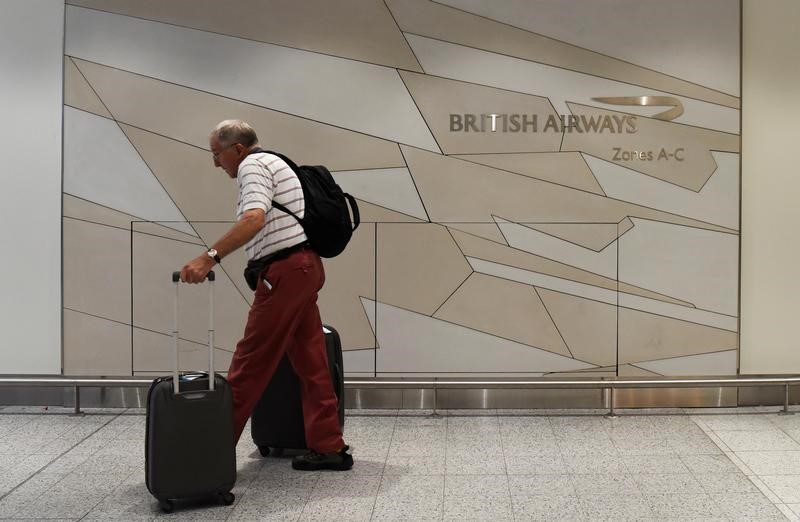(Bloomberg Opinion) -- Post-Brexit, the U.K. will have a historic opportunity to strike a trade deal with one of the world’s fastest-growing regions and prove that it can shed European red tape and protectionism. The key is to rethink the European Union’s misguided policy on palm oil.
In 2017, the European Parliament approved a resolution to phase out and eventually ban biofuels made from palm oil, a major export for Malaysia and Indonesia. Earlier this year, the European Commission limited the types of biofuels from palm oil that can be counted toward Europe’s renewable-energy goals. The restrictions could, despite our best efforts, trigger a trade war with producer nations.
European Union officials justify the ban on environmental grounds. In fact, it’s designed to protect the agricultural industries of a few EU states. If Europe was so concerned about the environmental impact of palm-oil cultivation, why has it just signed a trade deal with South America? Beef production there represents by far the world’s biggest agricultural cause of deforestation, dwarfing the CO2 emissions caused by palm oil.
Moreover, EU nations that produce competing oilseeds such as rapeseed do so much less efficiently, producing a quarter to one tenth as much oil per unit of land while using more fertilizer and pesticides. This is why the International Union for the Conservation of Nature recently warned that a ban on palm oil would not stop deforestation but instead lead to greater consumption of land-intensive rapeseed, soy and sunflower to keep up with rising demand.
The EU has also conveniently ignored the progress that’s been made in developing certification mechanisms for sounder palm oil production. The Malaysian Sustainable Palm Oil standards, for instance, have been adopted by several countries. Sustainable and responsible production is crucial to the long-term health of our industries, too.
Indeed, no one is saying activists should not be concerned with palm oil or deforestation; Malaysia’s environmentalists are, too. And we would not want to overlook important issues such as environmental sustainability and deforestation in trade discussions with anyone, whether the U.K. or the EU.
But the answer is not to single out one commodity and ban it. This would simply allow the EU to avoid its own responsibility for increasing deforestation through meat consumption, while wrongly pinning primary responsibility on developing countries in Asia and threatening the livelihoods of 650,000 Asian smallholder farmers.
This blatant hypocrisy is a form of modern colonialism that has no place in today’s world. By using trade as a weapon, the EU is in effect bullying poorer regions of the world.
What’s more, pandering to agricultural lobbies hurts hundreds of millions of European consumers, who must contend with inflated prices. Such protectionism has raised the ire of developed nations as well. The U.S. is threatening to impose tariffs on European car imports if the EU doesn’t open its markets further to U.S. farmers.
When it comes to palm oil, what’s needed is dialogue and engagement to achieve joint solutions, including better regulation and stronger certification standards. This is why Malaysia still holds out the hand of friendship to the EU in the hope that a fair, honest and reciprocal trade relationship can be salvaged. Making this a reality depends on the EU doing what several environmental experts have already advised -- incentivize sustainable palm oil production rather than pursuing boycotts and protectionism.
A post-Brexit Britain would be free to follow such a course even if Europe doesn’t. Southeast Asian nations currently account for over $43 billion worth of trade per year with the U.K., a figure that’s steadily growing. A fresh attitude toward palm oil, unencumbered by influential special-interest groups, could lead to even better trade terms between the U.K. and the region than it currently enjoys. We hope to avoid a trade war with Europe. But if one transpires, that doesn’t mean the U.K. has to get caught in the crossfire.
